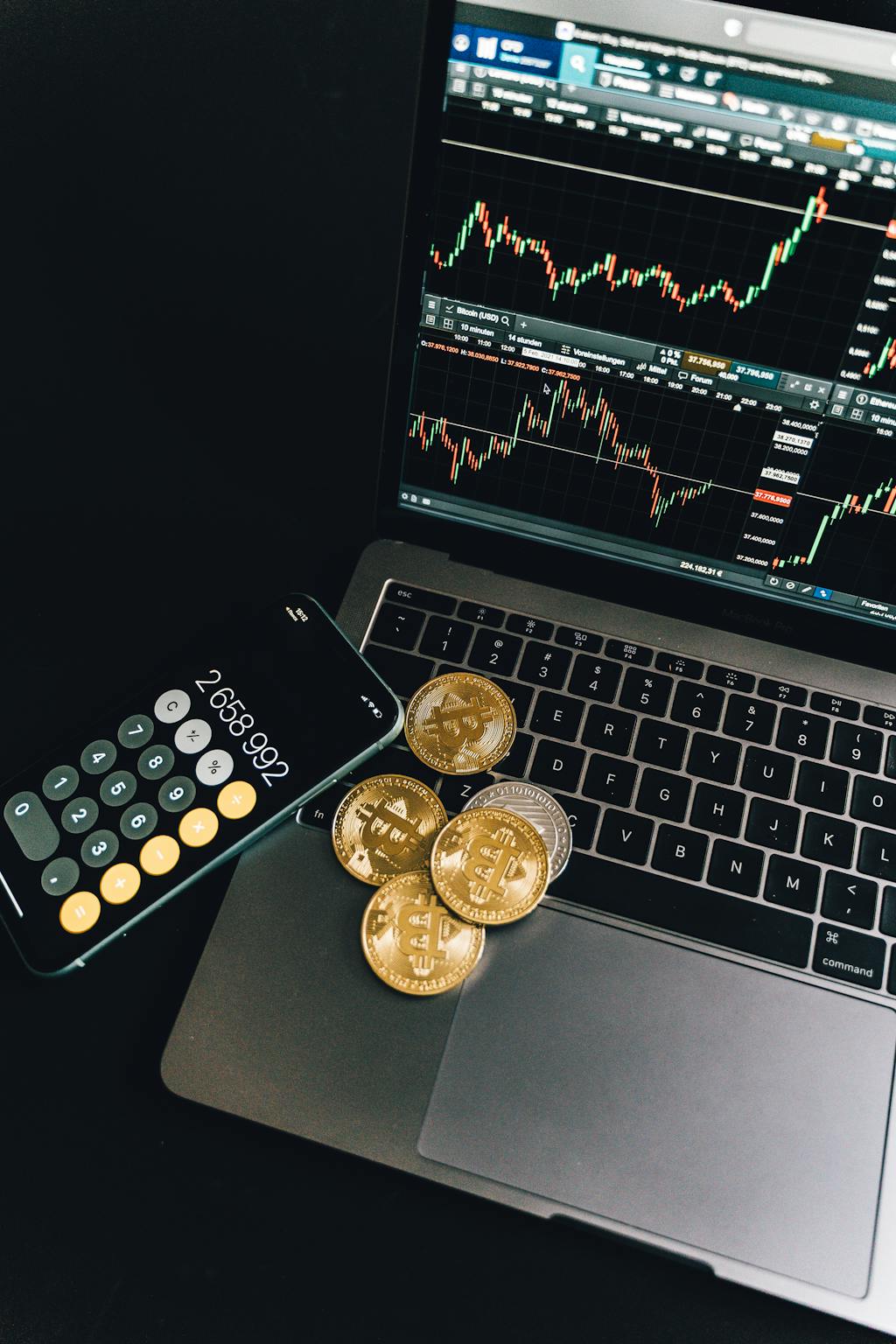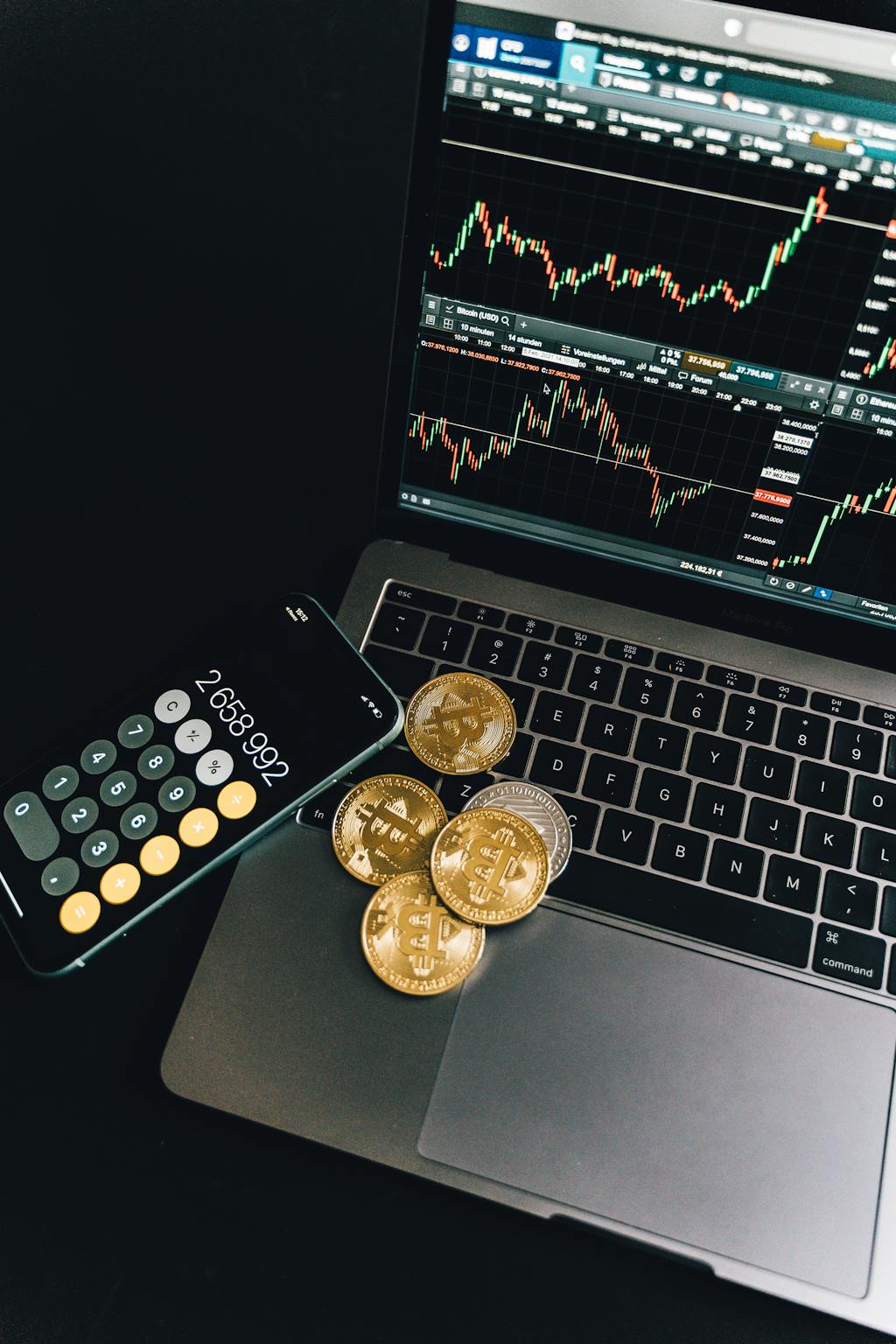Wall Street is embracing a new perspective on Ethereum, with the blockchain’s native token being increasingly referred to as ‘digital oil’ – a metaphor that’s gaining traction among traditional finance veterans. This comes amid Ethereum’s recent price surge to $2,700, highlighting growing institutional interest in the network.
Understanding the ‘Digital Oil’ Analogy
Etherealize co-founder Vivek Raman has introduced a compelling narrative that positions ETH as the digital equivalent of oil in the traditional economy. This metaphor draws parallels between ETH’s role in powering the Ethereum network and oil’s fundamental position in the global economy.
Why Wall Street Is Paying Attention
The ‘digital oil’ narrative resonates with traditional finance for several key reasons:
- ETH is required for all transactions on Ethereum
- The token acts as a commodity that powers the entire ecosystem
- Institutional investors understand commodity-based valuations
Limitations of the Analogy
While the ‘digital oil’ comparison is compelling, there are important distinctions:
- ETH is programmable, unlike physical oil
- Supply mechanics differ significantly from traditional commodities
- The deflationary nature of ETH post-EIP-1559
Institutional Implications
The adoption of this narrative by Wall Street could have significant implications for Ethereum’s institutional adoption. Recent ETF inflows exceeding $1B suggest growing institutional confidence in both Bitcoin and Ethereum.
FAQ Section
What makes ETH similar to oil?
ETH is required for all operations on the Ethereum network, similar to how oil powers various industrial processes.
How does ETH’s value proposition differ from Bitcoin?
While Bitcoin is often compared to digital gold, ETH functions as a utility token that powers an entire computational platform.
What are the investment implications of the ‘digital oil’ narrative?
This framework could help traditional investors better understand ETH’s value proposition and lead to increased institutional adoption.





